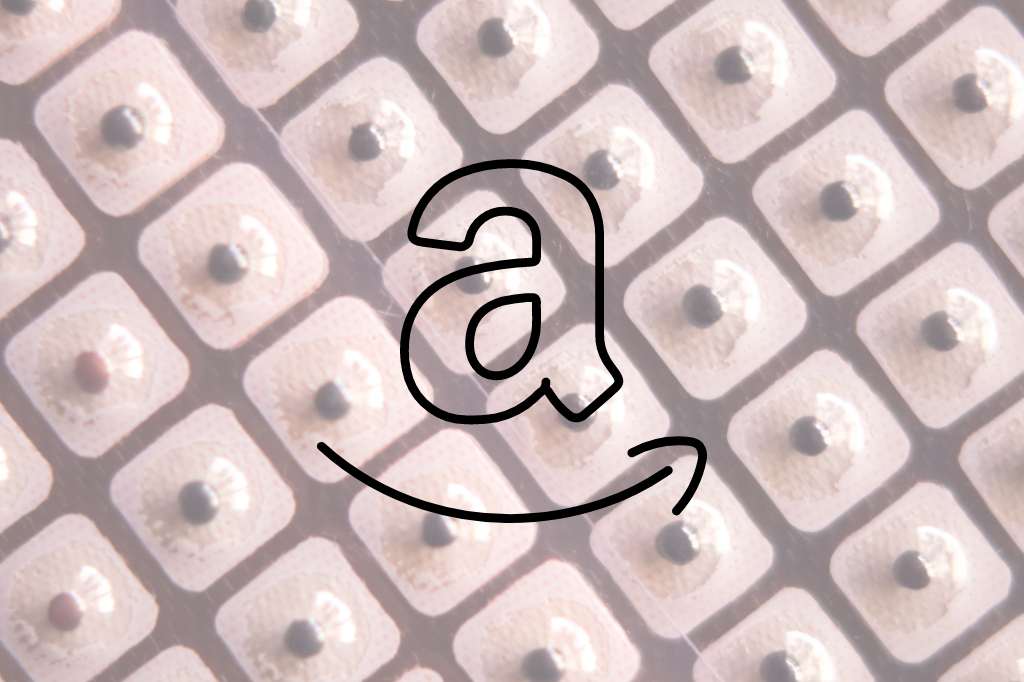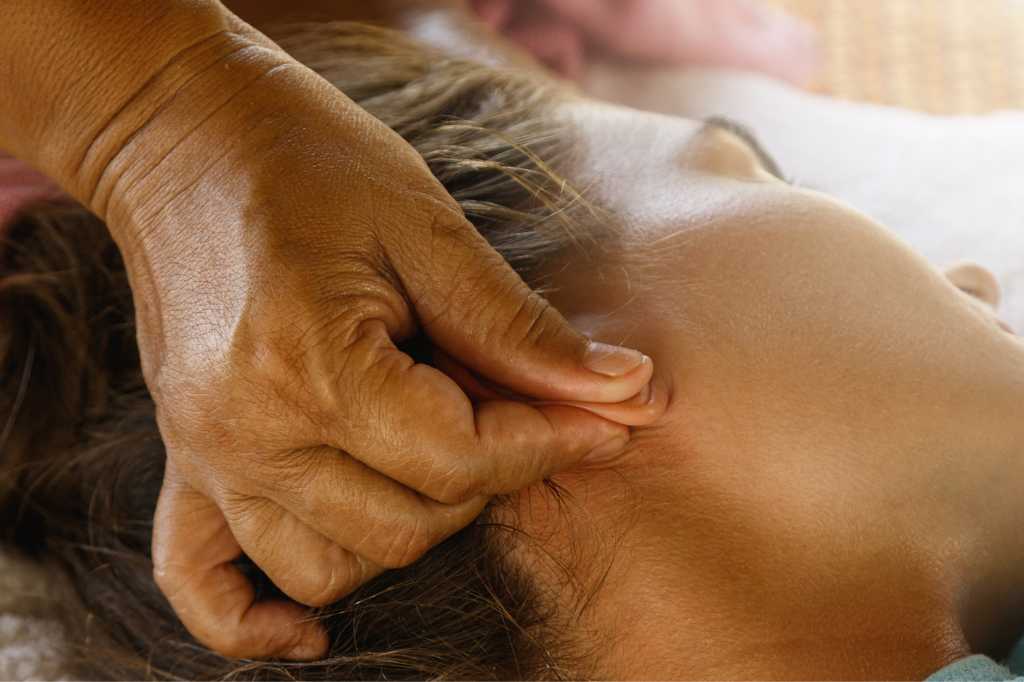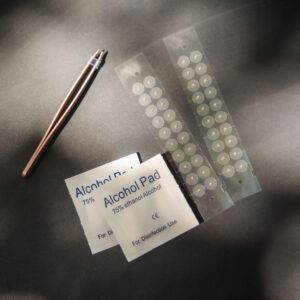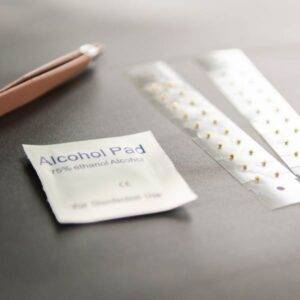If you’ve ever felt the nagging ache of an ear infection, you know it’s not something to ignore. Ear infections, known medically as otitis media, are quite common, especially among children who might not be able to express what’s bothering them. The telltale signs include ear pain, restlessness, trouble with sleep, and sometimes a fever or headaches.
These infections often start with a viral culprit that inflames the lining of the middle ear, leading to discomfort and fluid buildup. Left unchecked, recurrent ear infections can have more serious consequences, like hearing loss or even the spread of infection to other areas.
Now, what if we explore a complementary approach to this issue? There’s certainly a time and place for allopathic treatments like antibiotics, but if you, in consultation with your healthcare provider, are open to trying alternative remedies for yourself or an older child, ear seeds for ear infections might be a tool to explore.
Disclosure: This article contains affiliate links. When you click an affiliate link and make a purchase, we may earn a commission at no additional cost to you. These commissions help support and maintain our business. Thank you for your support!
What are ear seeds?
Ear seeding is a traditional practice involving the placement of tiny seeds or beads on specific points on the ear with a small adhesive sticker. With foundations in Traditional Chinese Medicine (TCM), ear seeding may offer a supportive role in managing ear health or, depending where the ear seeds are placed, overall body wellness.
At My Ear Seeds, we specialize in all things ear seeds and have developed kits, including a My First Ear Seeds Kit for the beginner ear seeder. In this kit, you get your choice of silver or gold ear seeds, alcohol wipes for cleaning the ear, and precision tweezers for peeling and placing the ear seeds.
Where to place ear seeds for ear infections
Auriculo 360 is our go-to app for ear seed placement. Their team of researchers has programmed, on a 3D ear, more than 400 points and protocols derived from both the European and Chinese frameworks of auriculotherapy.
Why a 3D ear?
The 3D ear is superior to 2-dimensional (either digital or printed) ear seed placement charts because you can rotate, zoom, expand, and move the 3D ear to see all the different points for the 180+ condition protocols. Some protocols’ ear acupoints are out of view of what a 2D ear map can show; therefore, a 3D ear is second to none for ear seeds for ear infections and other conditions.
How many ear seeds should be used?
For each protocol, the Auriculo 360 app gives more options for points than the beginner ear seeding enthusiast needs. So don’t get overwhelmed. We’re here to help you gain confidence in using ear seeds for ear infections and other ailments.
A good rule of thumb, and what we’ve seen in the auriculotherapy research studies, is about 3-5 seeds, on 3-5 points, per ear. That being said, start with a few of the primary points below, and move onto the secondary points as you become more of an expert at ear seeding.
6 primary acupressure points for ear infection relief
The primary points are in GREEN in the Auriculo 360 ear screenshot below:
- Apex of the Ear
- Ear (External).C
- Ear (Inner).C
- Ear (Auditory).E
- Kidney.C
- Shen Men
Note: The .C refers to the Chinese points, and the .E refers to the European points
5 secondary acupressure points for ear infection relief
The secondary points are in WHITE in the Auriculo 360 ear screenshot below:
- Adrenal Gland.C
- Master Cerebral
- Master Oscillation
- Occiput
- San Jiao
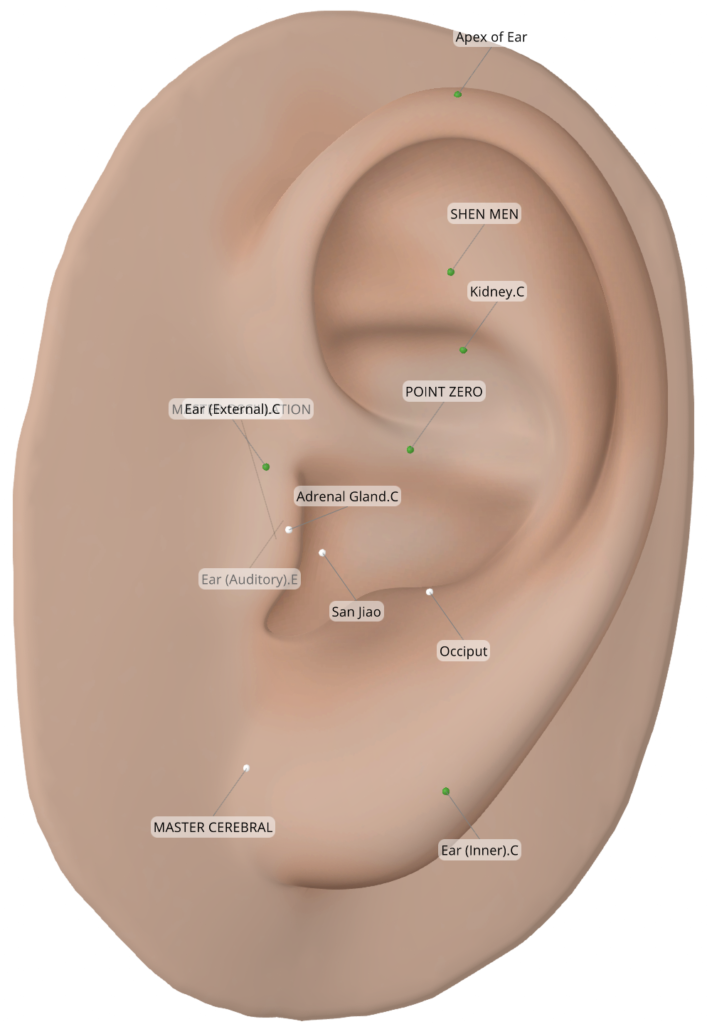
The additional value of Auriculo 360
Besides providing the everyday user (not just healthcare providers) the precise points of where to use ear seeds for ear infections and other conditions and symptoms, Auriculo 360 gives in-depth information on:
- Each ear acupressure protocol, so you can learn more about the causes and complications
- Each ear acupressure point, so you can learn more about why certain points are used for various auriculotherapy protocols
How to apply ear seeds for ear infections
Applying ear seeds for ear infections is a process that combines traditional knowledge with a touch of self-care. Here’s a straightforward guide on how to apply ear seeds, which can be a complementary addition to your ear health routine:
Step 1: Clean Your Ears
- Before you start, make sure your ears are clean and dry. We recommend using an alcohol wipe included in the My First Ear Seeds Kit. This helps the ear seeds stick better.
Step 2: Identify the Right Points
- Use an ear seed placement chart like Auriculo 360 to find the points that correspond to the ear area.
Step 3: Prepare the Ear Seeds
- Ear seeds typically come on adhesive strips. Keep the seeds on their backing and away from other objects (so they don’t knock the seeds off their adhesive sticker) until you’re ready to apply.
Step 4: Apply the Ear Seeds
- Hold the seed by the adhesive backing and apply it directly to the point you identified. Press down gently to make sure it sticks.
Step 5: Stimulate the Seeds
- Once the seeds are in place, gently press on them for a few seconds. This stimulation is an important part of the process. Further reading: The 4-3-1 Rule to Use Ear Seeds Most Effectively
Step 6: Keep an Eye on Your Skin
- Check the area around the seeds regularly for any signs of irritation, especially if you have sensitive skin.
Step 7: Change as Needed
- Ear seeds can usually stay on for about 3-5 days. To remove the seeds, gently peel off the adhesive backing. If you feel any discomfort, soften the adhesive with a damp cloth before attempting to remove it again.
Remember, while ear seeds are a non-invasive natural health practice, they should not replace medical treatment for ear infections. Always consult with a healthcare professional for persistent or severe symptoms.
Is there research on ear seeds for ear infections?
At the present, evidence for auriculotherapy as a beneficial treatment for ear infections is lacking although there are studies and dissertations linking ear seeds to allergy symptom reduction (sometimes related as a comorbidity with ear infections). We are constantly monitoring new research on ear seeds for ear infections and will update this article as new peer-reviewed studies are published.
Ready to give ear seeds a try?
If ear seeds for ear infections sound intriguing, we encourage you to order a kit and see what they can do for you or your older child (generally not recommended for very young children). The good thing about ear seeds is that they are considered by researchers — even cited in at least one article — to have minimal side effects only.
And when side effects are present, they are generally short-lived and mild. So while ear infections are painful, rest assured that ear seeds shouldn’t be (and when they are, well, we have an answer for you here in this article, “Why Are My Ear Seeds Sore?“, as well).
Happy seeding!

